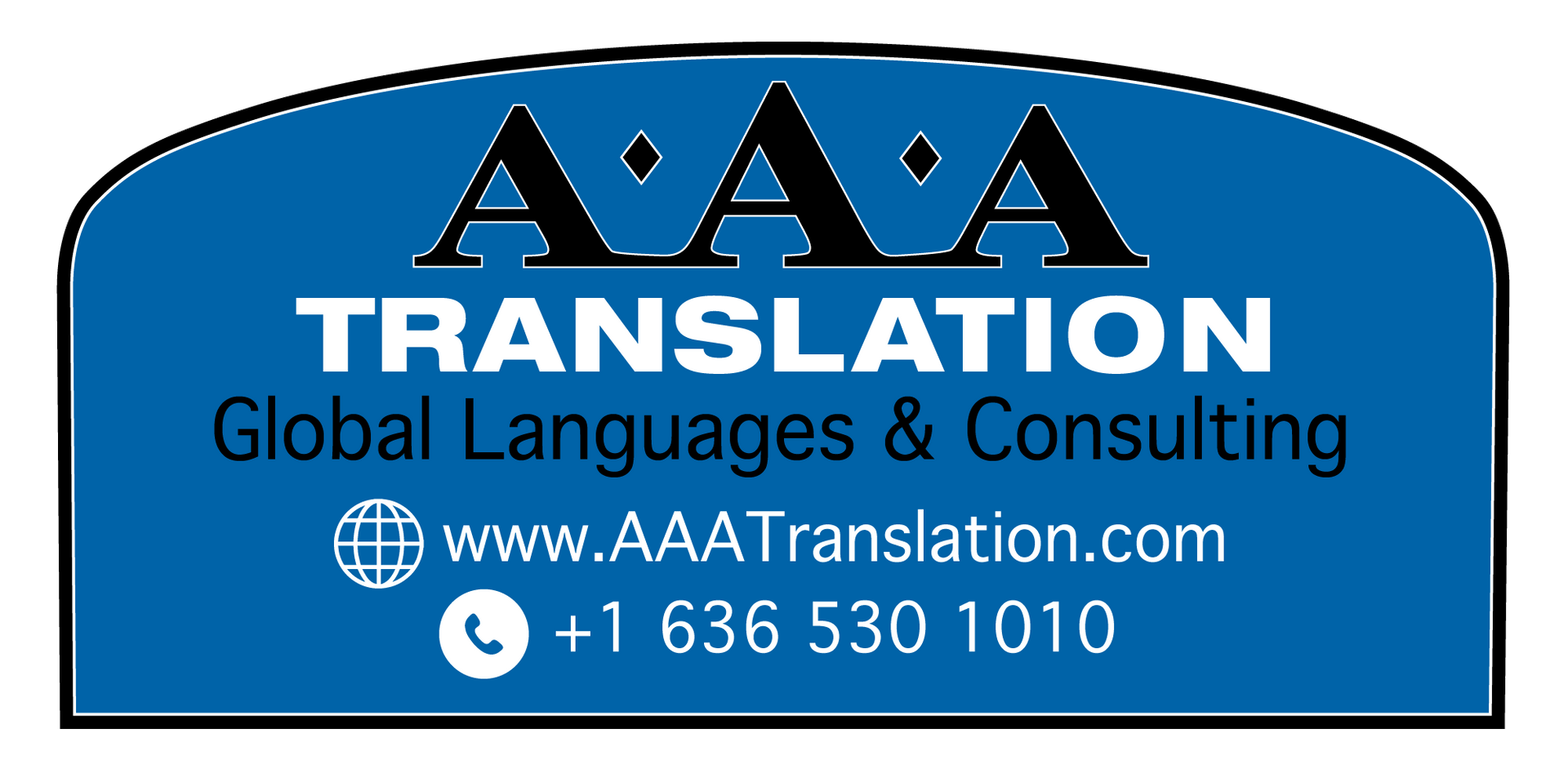Expanding Your Global Business Through Precise Written Communication
As worldwide supply chain challenges resolve themselves, now is the time for visionary thinking about broader expansion. An earlier blog centered on the importance of effective international communication in negotiation around constriction of services in import and export businesses. Channels of communication and transport for goods and services are opening widely – and effective exchanges are becoming the foundation of future multi-national growth or deeper presence in a specific locality.
To manage the increased global appetite for consumer goods, businesses must realize and address the opportunities currently presenting themselves through widespread interconnectedness. Clear communication between partners, manufacturers and other suppliers is essential to take advantage of innovation in transport and logistics, increased shipping capacity, and leadership changes. In short, culturally-appropriate sharing of ideas in the client’s or buyer’s native language can drive business growth.
Expressing new concepts can be difficult on its own – regardless of the language.
Skilled translators will seek to understand the context of the words before creating translations of concept descriptions and the correspondence that accompanies them. When global business entities explore growth options and act on them purposely with timely and efficient communication, they can lead their competitive landscape.
Professionally-formulated global business correspondence helps to accomplish this, avoiding errors in word choice, meaning, or word order. Precise writing in translation leads readers to grasp particularly important details of export and import workflows, personnel, or timelines in existing relationships, creating deeper bonds and desire to further business dealings.
Likewise, when establishing new relationships (especially in a new region or country), creating communication that is thoughtful, in the correct tone, and with the correct business terminology will set the stage for fewer mistakes and misunderstandings – which can happen anywhere, even with the Subject line of emails or the opening lines of formal printed documents like Letters of Credit or Partnership Agreements. In fact, some business relationship failures can be directly tied to mishandling of respectful titles, courtesies, expectations, or permissions – which can be well managed when professionals involved with the correspondence are versed in business etiquette.
Don’t leave this to chance. Rely on us if you need help structuring, writing, or editing culturally-appropriate correspondence to fuel business expansion.
Stay Connected
Stay up to date on news, insights, and stories about the power of cultural context in a global world. Sign up for our e-newsletter.
AAA Translation Newsletter Subscription
We will get back to you as soon as possible.
Please try again later.
